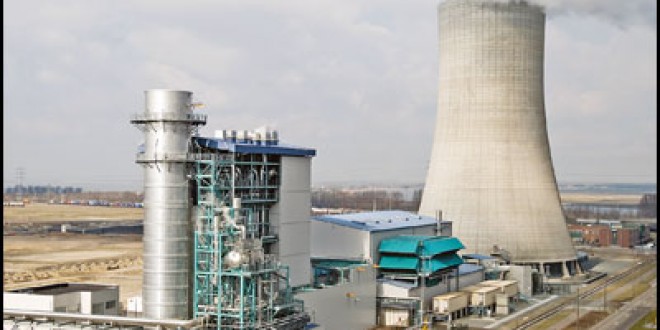ISLAMABAD: The Finance Division has raised serious reservations over a Petroleum Division proposal to allocate 222 million cubic feet per day (mmcfd) of gas from the Mari field to fertilizer plants, warning that the plan deviates from existing policy frameworks and could undermine revenue streams and consumer interests.
According to industry sources, the Petroleum Division has suggested diverting supplies from new Ghazij and Shawal reservoirs to three fertilizer plants (104 MMCFD to FFC (Port Qasim, Karachi), 68MMCFd to Fatima Fertilizer (Sheikhupura), 50 mmcfd to Agritech, Daud Khel at prices prescribed by the Oil and Gas Regulatory Authority (OGRA), with the stated aim of stabilising urea and DAP costs for farmers. However, finance division cautioned that the move conflicts with earlier Economic Coordination Committee (ECC) decisions and ignores unresolved structural issues.
One of the ministry’s key concerns is that the ECC’s November 2023 directive to recover cross-subsidies on re-gasified liquefied natural gas (RLNG) has yet to be implemented. The Finance Division said the Petroleum Division must clarify how tariff differentials have accumulated, who will bear responsibility for recovery, and how surplus RLNG is being used.
The finance division also recalled findings from an ECC-constituted panel in February 2024, which concluded that allocating indigenous gas to general industry produces higher fiscal returns than diverting it to the fertilizer sector. “The Petroleum Division must explain why it is deviating from this principle,” a source said, adding that fertilizer producers already owe more than Rs190 billion in Gas Infrastructure Development Cess (GIDC) arrears.
The Finance Division stressed that gas allocations must comply with the Petroleum Policy 2012 and competitive bidding norms, which allow the government to claim 65 percent of volumes and exploration and production companies 35pc, capped at 100 mmcfd annually. Allocating 222 mmcfd solely to fertilizer plants, it warned, would mark a “major departure” from these limits.
Another sticking point is the plan to supply gas directly to fertilizer manufacturers instead of routing it through Sui Northern Gas Pipelines Ltd (SNGPL) and Sui Southern Gas Company (SSGC). Finance Division warned that bypassing these distribution firms could weaken their consumer base and revenues. The division asked for a comparative financial analysis before any such change is approved.
Pricing distortions at Mari also drew attention. The Finance Division recommended that the delivery price for fertilizer plants should be based on the wellhead price plus a premium to ensure a revenue surplus for the government. It also called for consultations with the Sui companies on third-party access, swap arrangements, and the allocation of RLNG surplus and unaccounted-for gas (UFG) costs, which it said should be borne by shippers rather than the utilities.
On the technical side, the proposal requires fertilizer companies to invest about $200 million in gas processing and compression facilities for injection into Sui networks. It also envisages reallocating 110 mmcfd of Mari Deep gas previously earmarked for GENCO-II, which has underutilised its Kandhkot field supplies, to Engro Fertilizer’s base plant. MariEnergies would be allowed to supply swing volumes on an “as available” basis and backfill depleted consumer allocations from Ghazij/Shawal.
Currently, the Ghazij/Shawal reservoir produces only 48 mmcfd, allocated to SNGPL under early well testing arrangements. Officials estimate that full output will only materialise in about two years. Until then, the 48 mmcfd would be shared between FatimaFert and Agritech, with no subsidised RLNG provided beyond September 2025 except for grid stability. The existing arrangement between Fauji Fertilizer Company’s Port Qasim plant and SSGCL would also continue.
Separately, the Finance Division recommended that the expired 110 mmcfd allocation from Mari Deep to SNGPL, approved in 2021 and lapsed in June 2024, be regularised and extended until the end of Mari’s lease to help cover distribution deficits.
While acknowledging the importance of secure fertilizer supplies for agriculture, the Finance Division concluded that its backing of the plan is conditional. It urged the ECC to resolve outstanding issues around revenue losses, arrears recovery, pricing distortions, and compliance with legal frameworks before granting approval.
The ECC is now expected to weigh these competing considerations. Sources suggested that the Finance Division is effectively pushing for a cautious, phased approach rather than a blanket endorsement of the Petroleum Division’s plan — a stance that could delay or reshape the proposed allocations.




